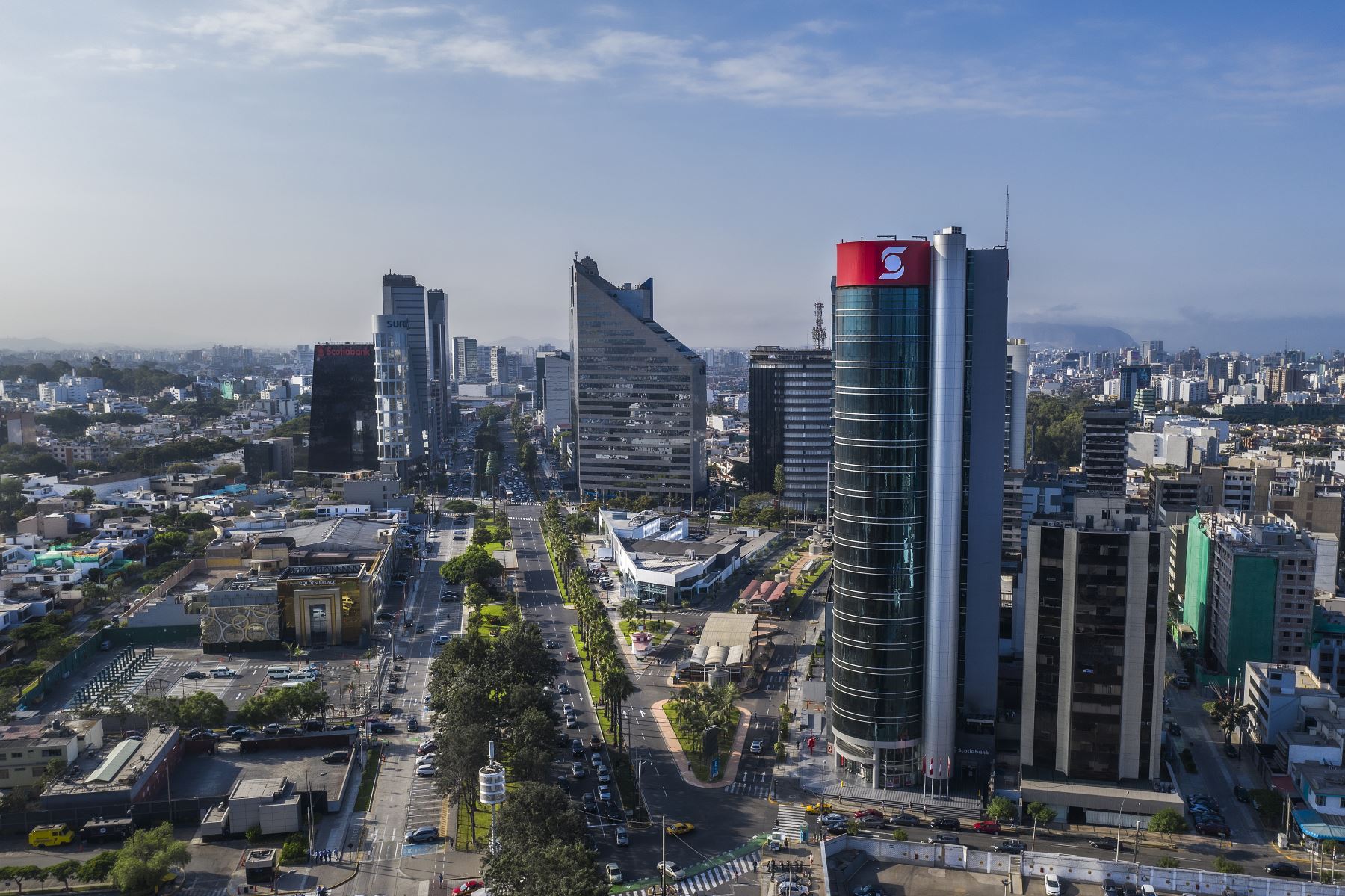RIO DE JANEIRO, BRAZIL – After three decades of economic stability in Peru, the new government of the far-leftist Pedro Castillo (2021-2026) proposes a series of proposals that keep economic agents on alert due to the uncertainty about the future of investments and growth in the country.
In recent years, Peru’s Gross Domestic Product (GDP) grew at an annual average rate of 4.8%, with inflation between 1 and 3%, a fiscal deficit of 1.6% of GDP in 2019, and international reserves equivalent to 36.7% of GDP in 2020.
Read also: Check out our coverage on Peru
The country has followed a “social market economy” model, as it is called in the 1993 Constitution, which has allowed it to apply fiscal discipline, promote private and foreign investments, and open its economy to the international market.
PROTECTIONISM AND MORE TAXES TO MINING COMPANIES
Castillo has coined the concept of “popular market economy”, which proposes protectionist measures for agriculture and clothing, higher taxes for mining companies, and a “second agrarian reform” to improve working conditions in the countryside.
“This is going to be what generates the current uncertainty,” Oscar Chavez, head of the Institute of Economy and Business Development of the Lima Chamber of Commerce (CCL), told news agency Efe.

The specialist added that “it is striking to talk about protectionism and tariff increases at this point” and considered that “it is a strange case to see such proposals.”
Chávez reminded that measures of this type have already been applied in Peru in the past and that “the results of what happened in the Peruvian economy in the ’80s made us see that it was impossible to continue sustaining protectionism.”
RECOVERY IN THE 1990S
Paradoxically, the Peruvian economy began to grow in 1990, during the government of Alberto Fujimori (1990-2000), the father of Keiko Fujimori, who was defeated by Castillo in this year’s presidential elections.
In that administration, the “hyperinflation” inherited from the first government of Alan García (1985-1990) was controlled. A rapid opening of foreign trade and the privatization of productive activities under state administration were promoted.
For the dean of the Faculty of Economics and Finance of the Universidad del Pacífico, Carlos Casas, Peru’s economy has been recovering, and tax collection grew strongly after the impact caused by the pandemic during 2020.
“If the uncertainty dissipates, if the doubts are dispelled, the markets could respond strongly and recover and make viable this (projected) growth of 10%, which still places us below pre-pandemic levels, but already quite close,” commented Casas commented.
PROPOSALS THAT AFFECT COMPETITION
The expert criticized some of Castillo’s main proposals, such as raising the taxes paid by mining companies or imposing protectionist measures on the agricultural sector, which the president proposes introducing in a new Political Constitution.
“If taxes are raised, mining companies’ profitability decreases, we need more mining projects, and obviously, with higher taxes or royalties, this takes away our competitiveness, and new mining projects would probably not be carried out,” he stated.
Regarding agriculture, he pointed out that “any protectionist measure in the long term is bad because it does not subject local producers to competition and in the long run generates many distortions.”
THE PANDEMIC INCREASED POVERTY
In addition to these aspects, Castillo will have to face the damage caused in the country by the Covid-19 pandemic, which has left 2 million cases and caused the death of more than 194,000 people.
As a result of the pandemic, more than two million people lost their jobs, poverty rose to 30%, the fiscal deficit increased to 8.9%, and GDP fell by 11%. Still, the outgoing Ministry of Economy maintains that the economic recovery could reach a rebound of 10% in 2021.
The main business and industrial associations have unanimously asked Castillo to accelerate the vaccination campaign to reopen the sectors that still have restrictions and boost employment so that the economy recovers to pre-pandemic levels.
ACCELERATE VACCINATION AND IMPROVE SPENDING
Chávez pointed out, in this respect, that one of the main concerns is that the vaccination campaign, which has already reached 12 million doses applied in the country, “is maintained at the current pace”, to prevent a third wave, “which would be regrettable” and “would not allow” reaching the projected 10% growth.
For Casas, other important economic issues need continuity, such as maintaining “the investment grade, the responsible management of the debt and the improvement in the quality of spending.” “These are things that cannot be stopped,” he added.

